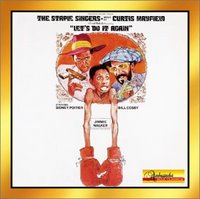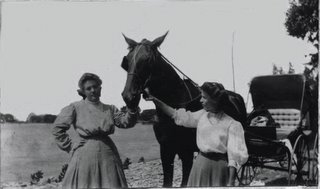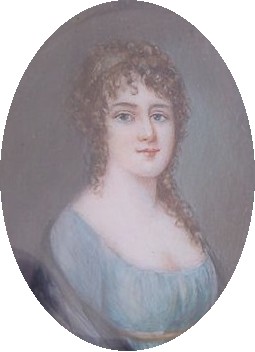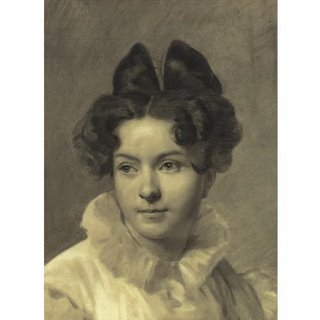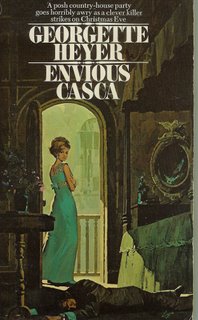 I read the responses to Cara’s day asking what the readers of this blog want. I love research things myself, and I love just composing. The writer part of me is often more eager than the history buff, so I change around a bit.
I read the responses to Cara’s day asking what the readers of this blog want. I love research things myself, and I love just composing. The writer part of me is often more eager than the history buff, so I change around a bit.
Today I have something a little different. Since there are writers reading Risky Regencies, some published, some aspiring to be published…I thought I’d talk a little about my own experience.
The details of my back-story aren’t that important. Everyone has one, and they are all good—they all lead to the love of writing. I’ve mentioned before what made me love Regencies—and romantic suspense and good gothic romances—and that was my early reading. I loved Charles Dickens, Mary Roberts Rinehart, Victoria Holt, Helen MacInnes, Jane Austen and Georgette Heyer—by way of Nancy Drew, The Hardy Boys and the Black Stallion. 😉 Readers have the first ingredient that makes writers, by the way.
Growing as a writer—For those who would like to read about this, with apologies to those who don’t: To make it as a writer you do have to write every day, or nearly every day. Like anything else you become better at, it is practice, practice, practice. Many of us start with the love of the written word and write to please ourselves. Eventually our minds turn to the possibility of becoming published. We keep on writing, have our highs and our lows, and one day, after what seems an eon of time and a colossal amount of work, we receive an offer. My offer came from NAL Signet for my manuscript that I called “Cat of My Heart.” It was renamed “The Best Laid Plans” and came out as a Signet Regency in November 2003.
Here comes the “Rolling With the Punches” part: I now need to seek publication all over again. This is the lot of a writer, particularly a novelist, and it is not that unusual. Signet Regencies will no longer be produced, and I have completed my last contract for them.
I still love Regencies, but my current project is a romantic suspense. I am, however, daily attacked by Regency plot ideas! So no one must think I will not write in the Regency period again. I shall. It is only a matter of when.
Those of you who are aspiring writers may find it discouraging to know that being published does not mean a constant state of being with no further concerns about being published in the future. But I can tell you that it is not all that bad, either. I am eager to plunge ahead and see where I end up. Our books are adventures—so our careers must be. And the current state of publishing only makes it more of a challenge.
I’d love to hear everyone’s comments about publishing, either their own story, or about the state of publishing, or what they are targeting and why. Regency historicals are still popular, and this is where I hope to find myself eventually. There are also other avenues. If you love Regencies, where are you focusing your efforts now?
Laurie
LORD RYBURN’S APPRENTICE
Signet January, 2006

